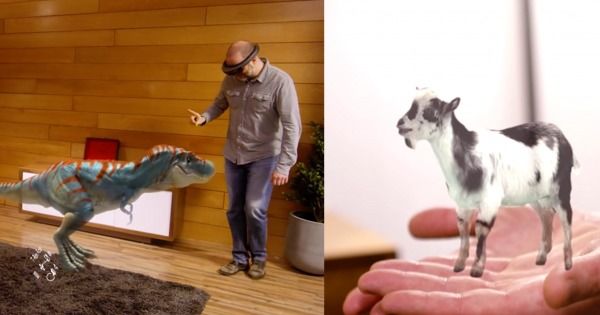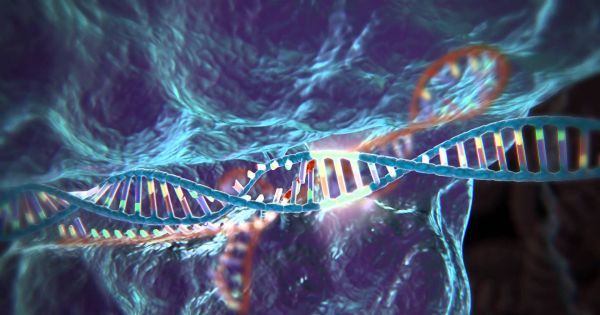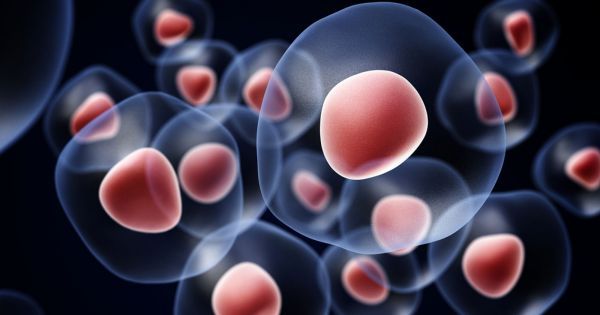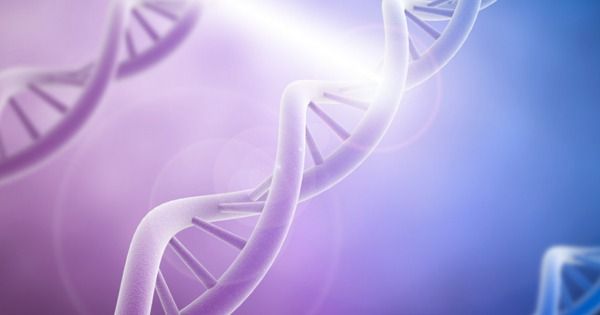Aug 30, 2016
Quick Pro Quo: Software Writes Text 3x Faster Than Any Human Can
Posted by Shailesh Prasad in categories: internet, robotics/AI
Researchers have discovered that voice recognition software Deep Speech 2 has improved to a point that it has become significantly faster and more accurate at producing text on a mobile device than humans are at typing on a keyboard.
Earlier this year, we watched a world-renowned Go mastermind get pummeled in a complex game by an artificial intelligence (AI). Now, humans are about to lose in yet another battle with the machines—and this time, it’s over typing.
Continue reading “Quick Pro Quo: Software Writes Text 3x Faster Than Any Human Can” »

















